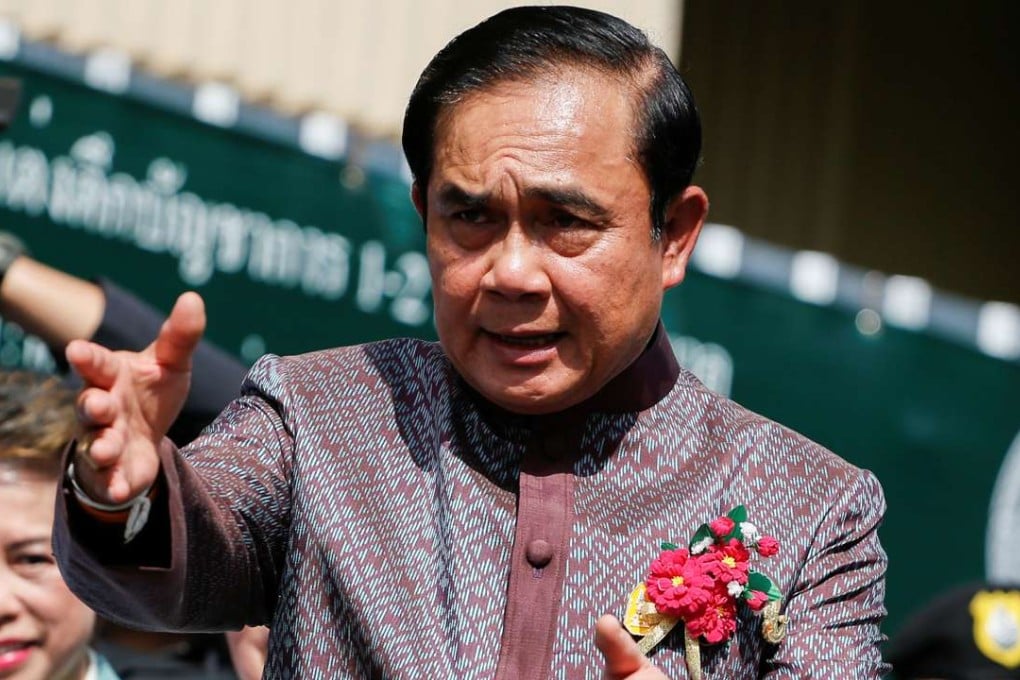Thai junta tightens controls over media as vote on draft constitution nears
The junta already declared inappropriate campaigning to affect the referendum’s outcome is punishable by up to 10 years in prison

Thailand’s military government has tightened its control of media ahead of a referendum next month on a draft constitution, allowing the shutdown of any radio or television station whose broadcasts are judged to threaten national security.
Prime Minister Prayuth Chan-ocha authorised the move on Thursday by invoking a catch-all article in the country’s temporary constitution that gives the ruling junta absolute power to carry out virtually any action in the name of national security. The army seized power in May 2014 from an elected government.
The junta already declared inappropriate campaigning to affect the referendum’s outcome is punishable by up to 10 years in prison. Critics charge that the draft charter is undemocratic. Several activists mounting a vigorous “Vote No” campaign have been arrested but not yet tried. Other arrests have involved online postings, especially on Facebook.
The government has also banned independent organised poll watching.
The new order gives the National Broadcasting and Telecommunications Commission, which is primarily a regulatory body, the power to order broadcast media closed.
The commission earlier this month issued a resolution telling Peace TV, associated with supporters of the government ousted two years ago, to suspend operations until Aug. 10, three days after the referendum. The resolution cited part of the Referendum Act banning vulgar or provocative language, but a court ruled the resolution violated an injunction that Peace TV had earlier won, so that the station could continue broadcasting.